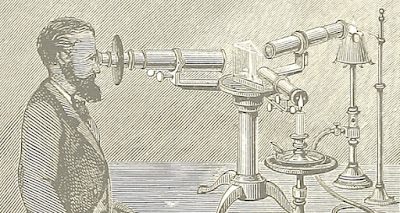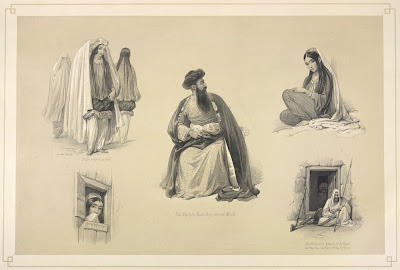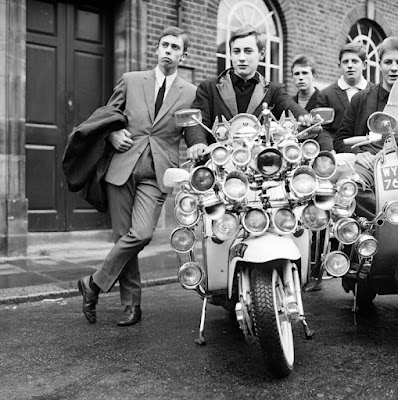
|
| Afghanistan National Institute of Music (ANIM). |
I want to stop, but maybe just one more column, this one from Robert Kagan of the Kagan dynasty, co-founder with Dr. William Kristol of the Project for a New American Century, and prophet of neoconservatism, as he defined it in 2008, as a kind of political faith going back to 1776 and Alexander Hamilton, whose tenets are
a potent moralism and idealism in world affairs, a belief in America’s exceptional role as a promoter of the principles of liberty and democracy, a belief in the preservation of American primacy and in the exercise of power, including military power, as a tool for defending and advancing moralistic and idealistic causes, as well as a suspicion of international institutions and a tendency toward unilateralism.
(Though the quotation he uses to bring Hamilton to his side is pretty distorted, when he claims that "Hamilton, even in the 1790s, looked forward to the day when America would be powerful enough to assist peoples in the 'gloomy regions of despotism' to rise up against the 'tyrants that oppressed them"; in fact what Hamilton said, not in the 1790s but 1784, had no reference to "assisting" anybody in the future—merely to the young US already then setting an inspiring example, by its underdog victory in the Revolution: "The influence of our example has penetrated the gloomy regions of despotism, and has pointed the way to inquiries, which may shake it to its deepest foundations.")
But is, anyhow, very anxious at the moment from his (officially ex-neoconservative—he now identifies as "'liberal' and 'progressive' in a distinctly American tradition") position as Washington Post opinionist to assure us (contra WaPo's national security columnist, Greg Jaffe, who writes about the "hubris" of the American project) that the effort in Afghanistan was no effort in "advancing moralistic and idealistic causes" ("It wasn’t hubris that drove America into Afghanistan. It was fear."):





















